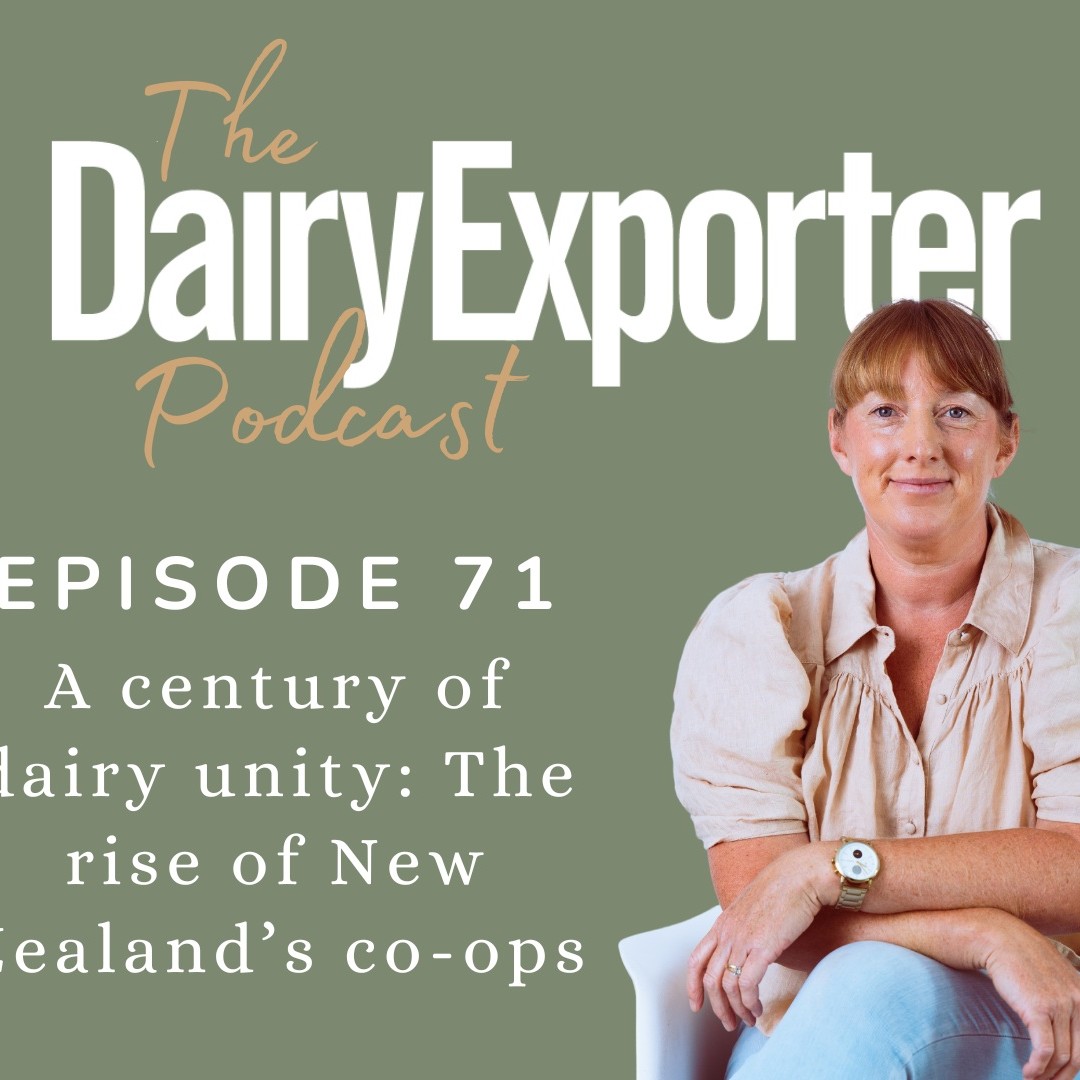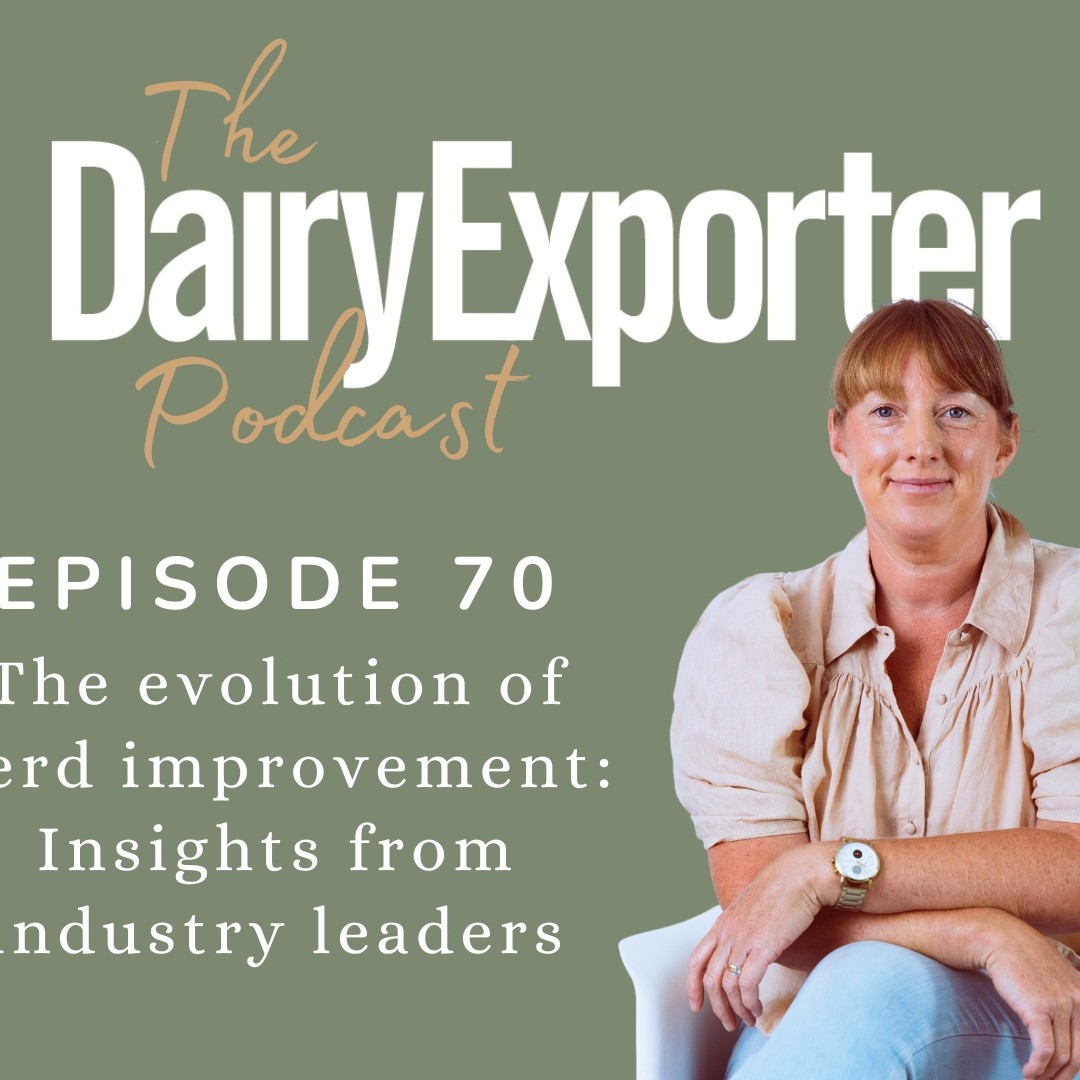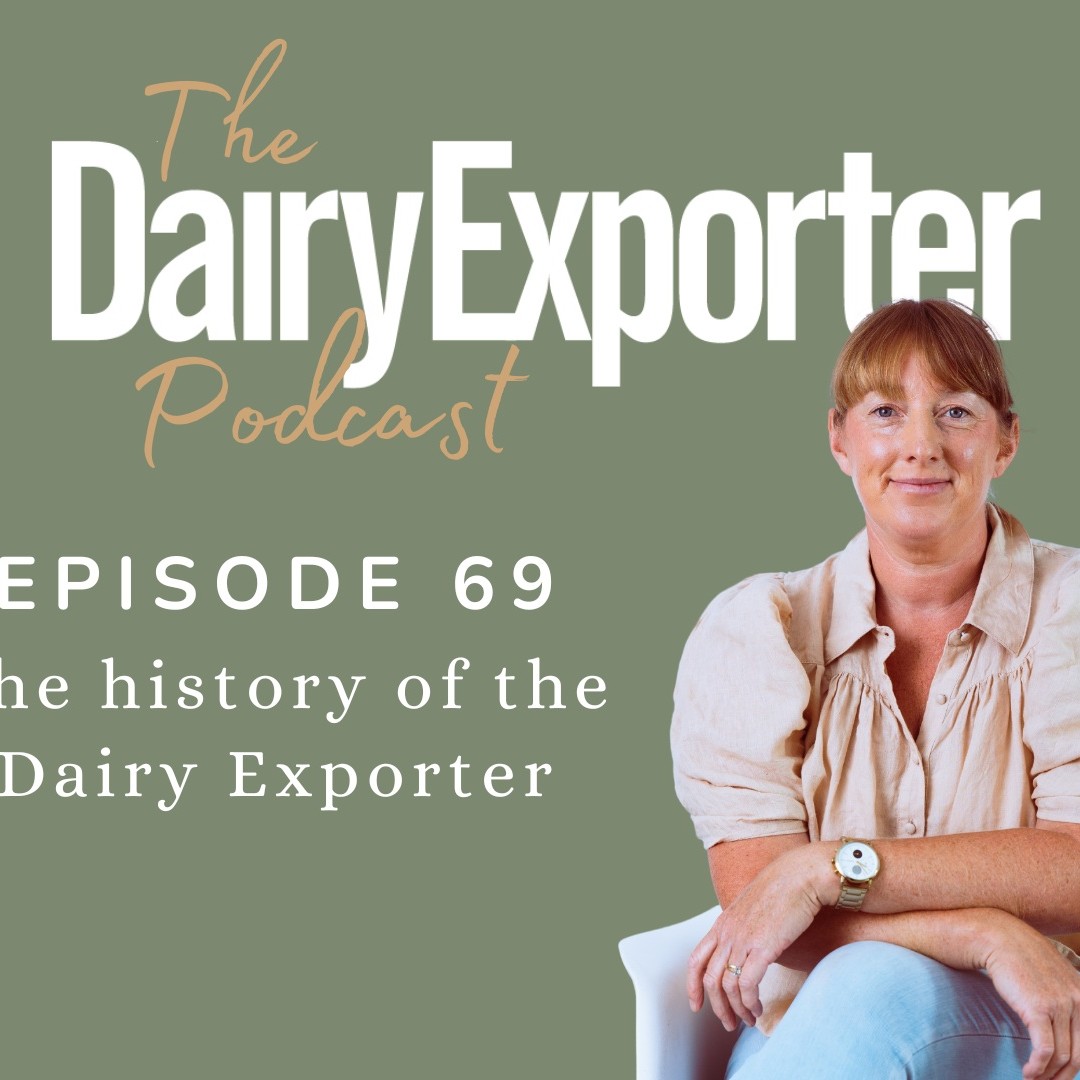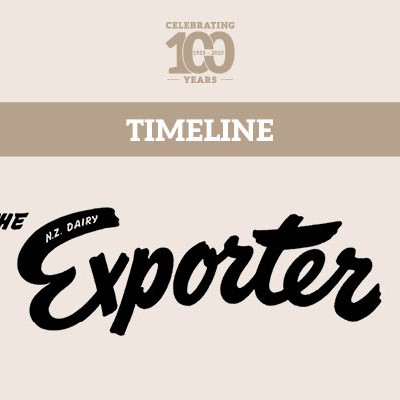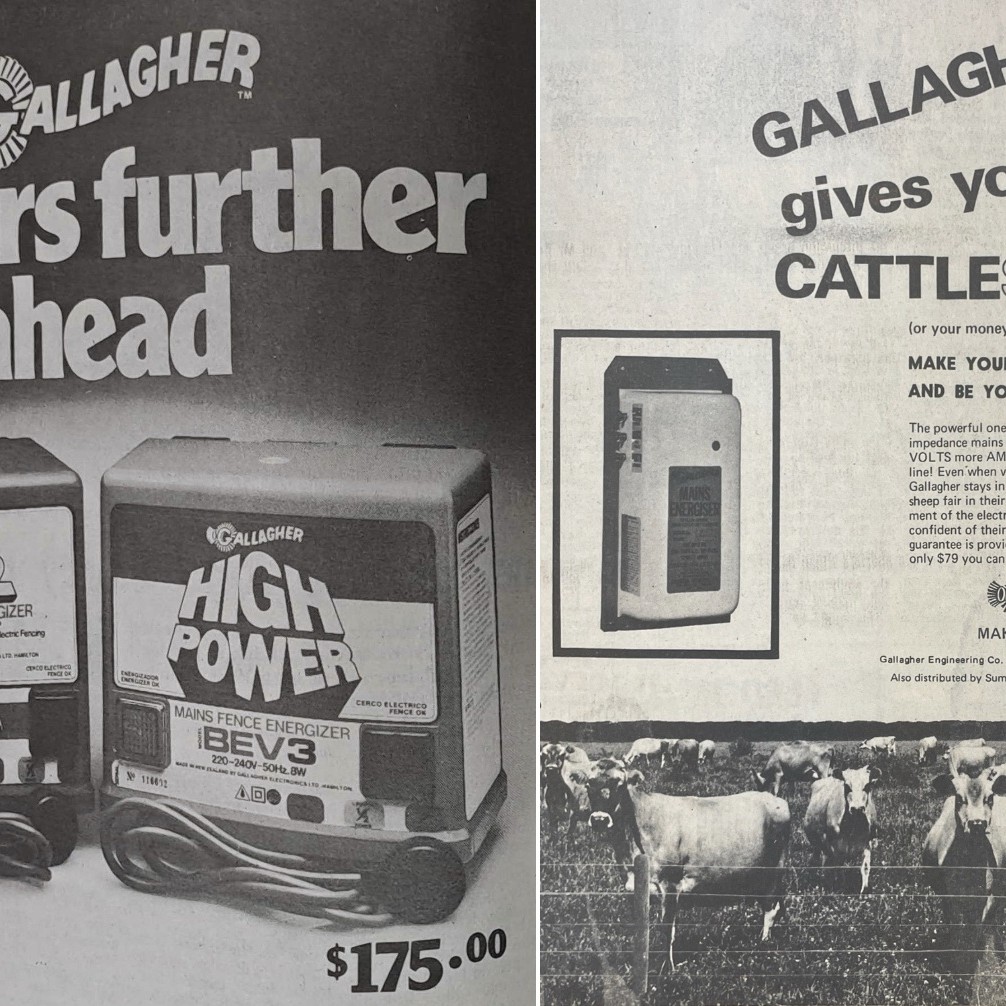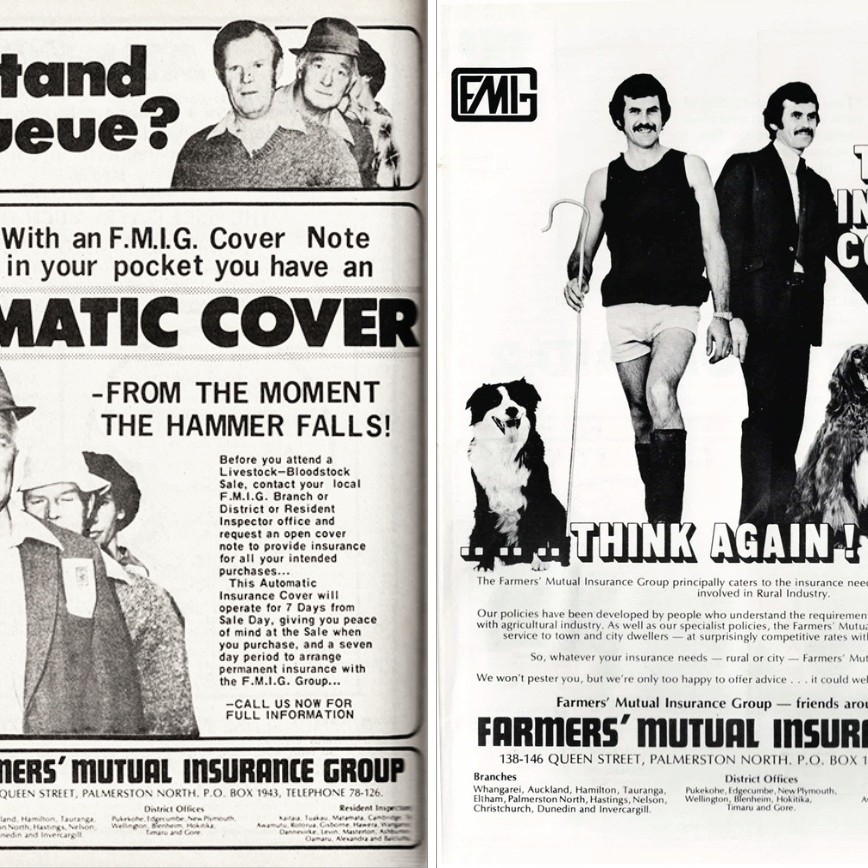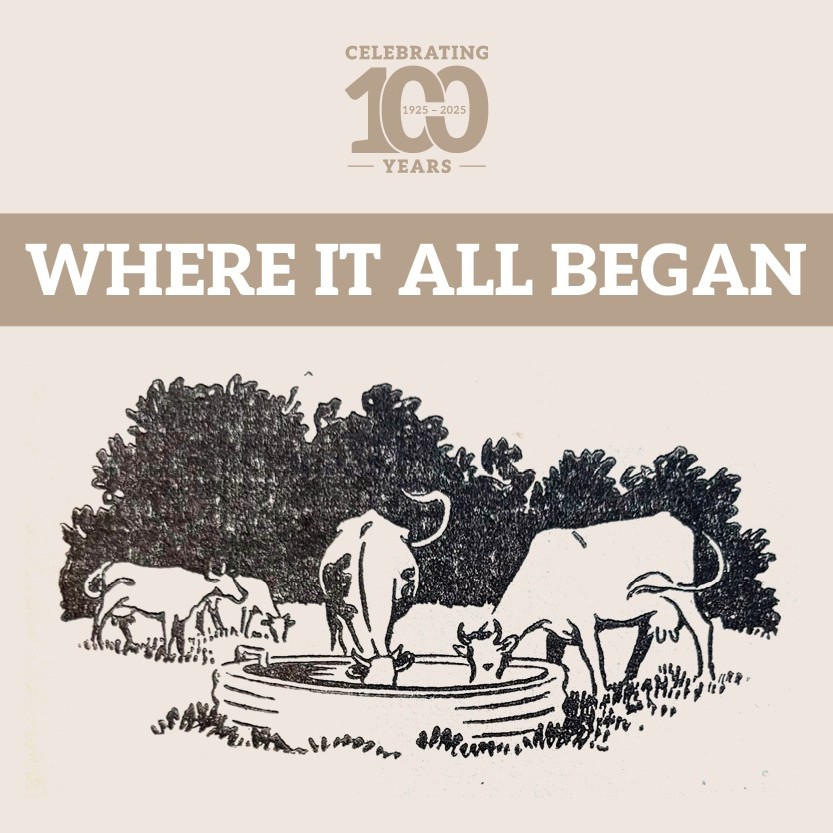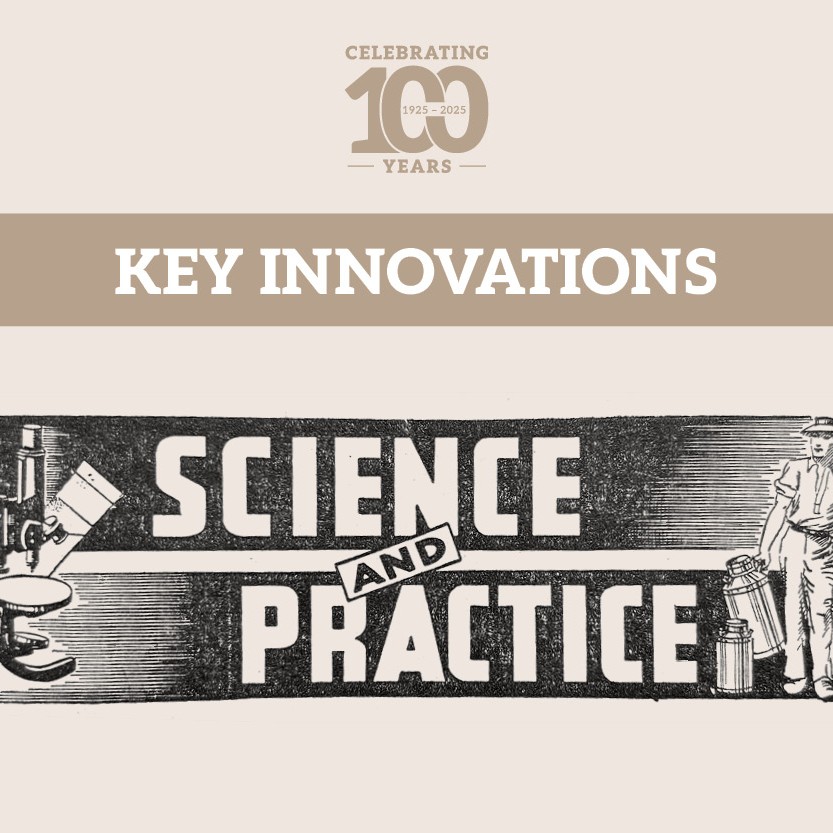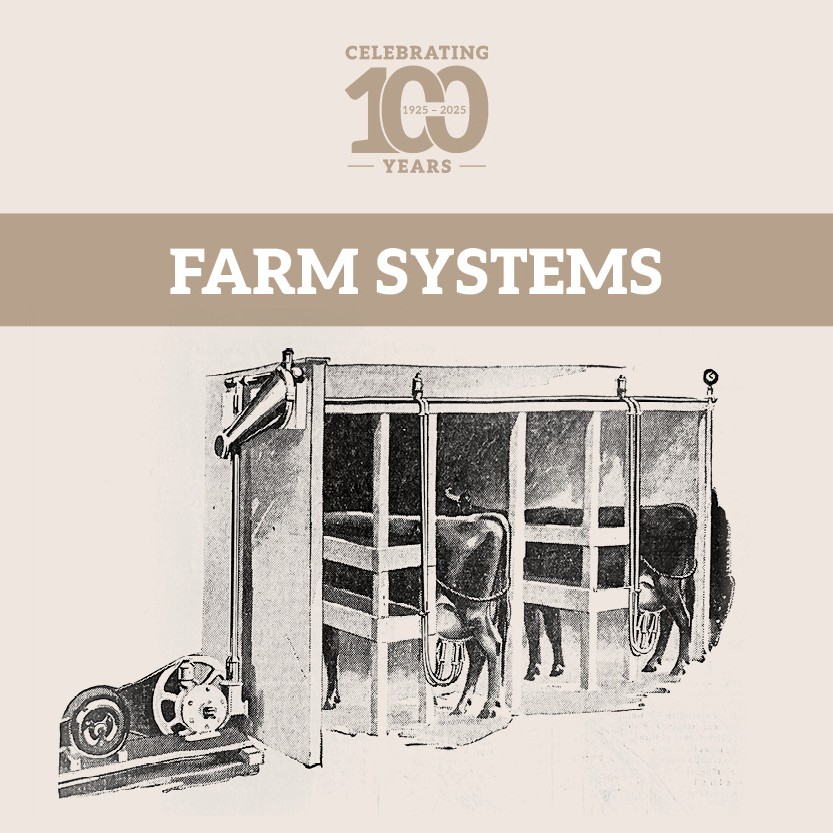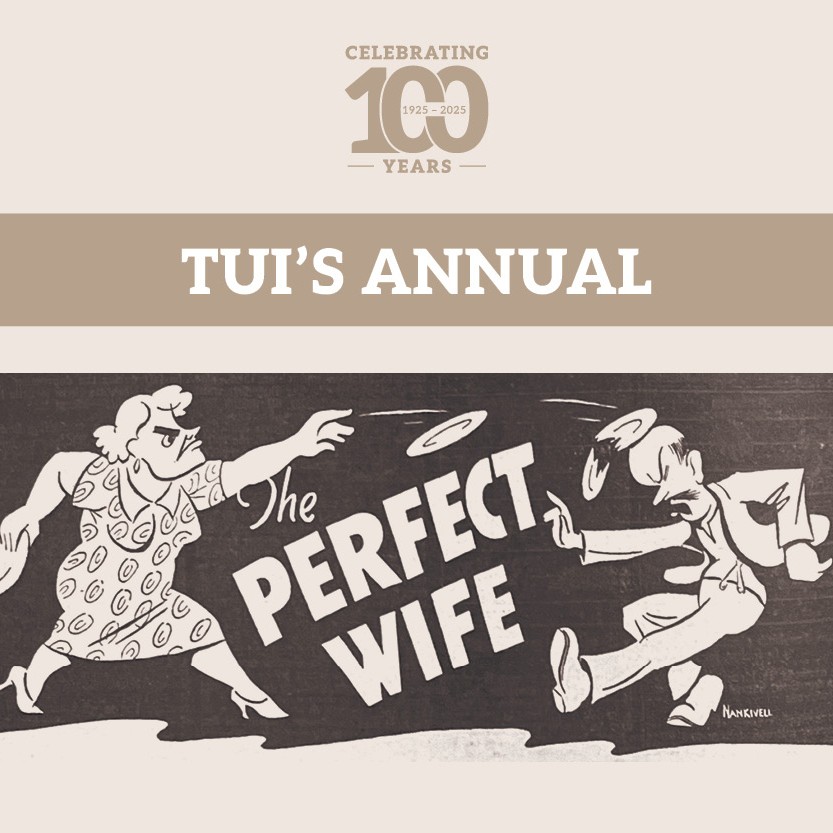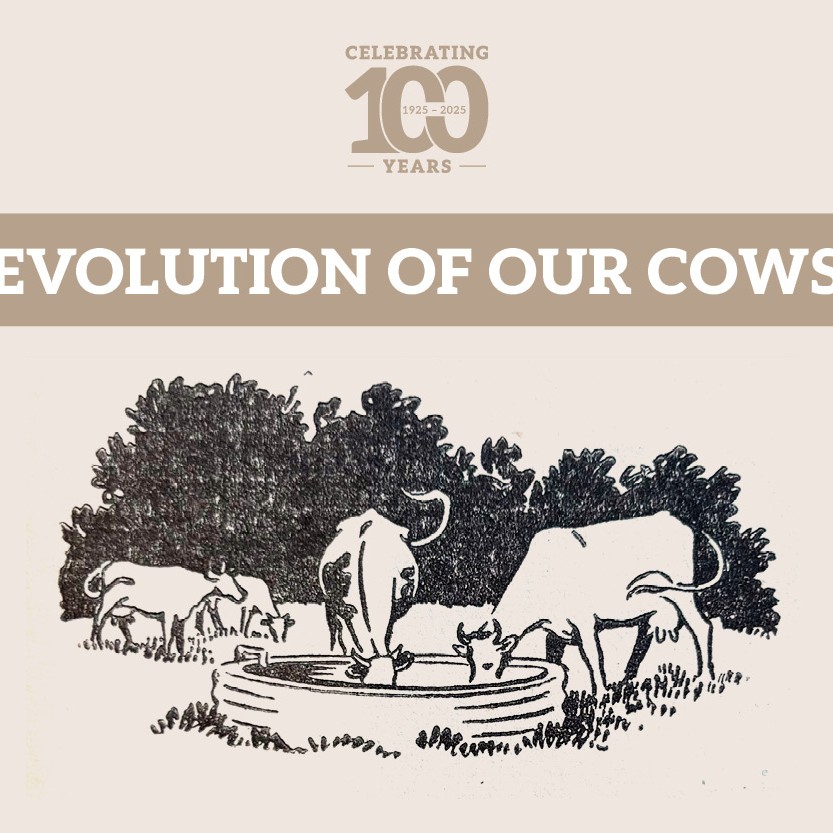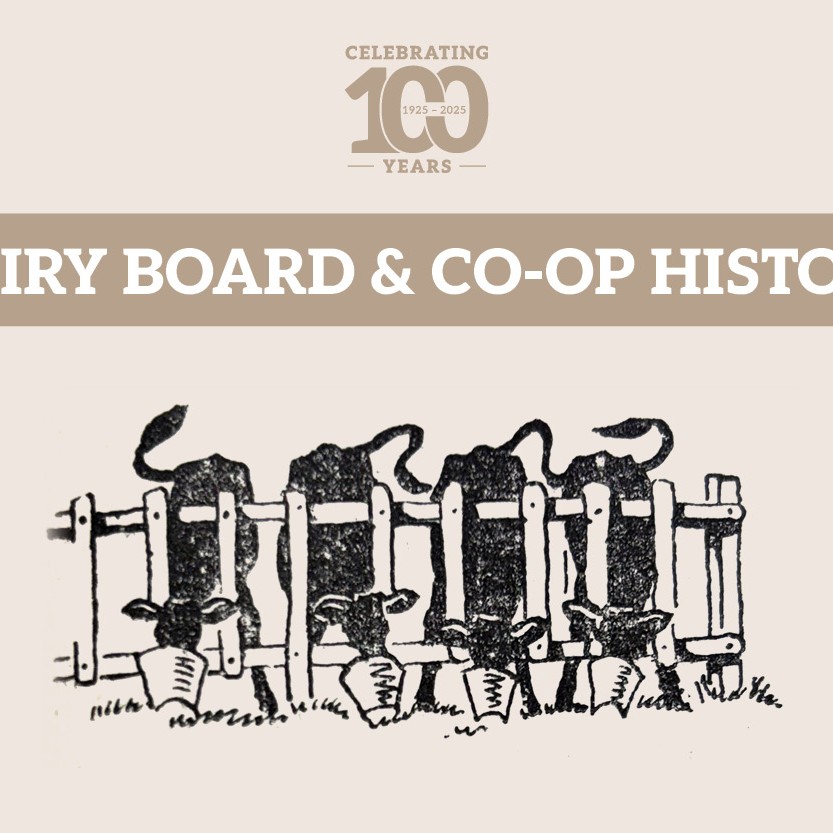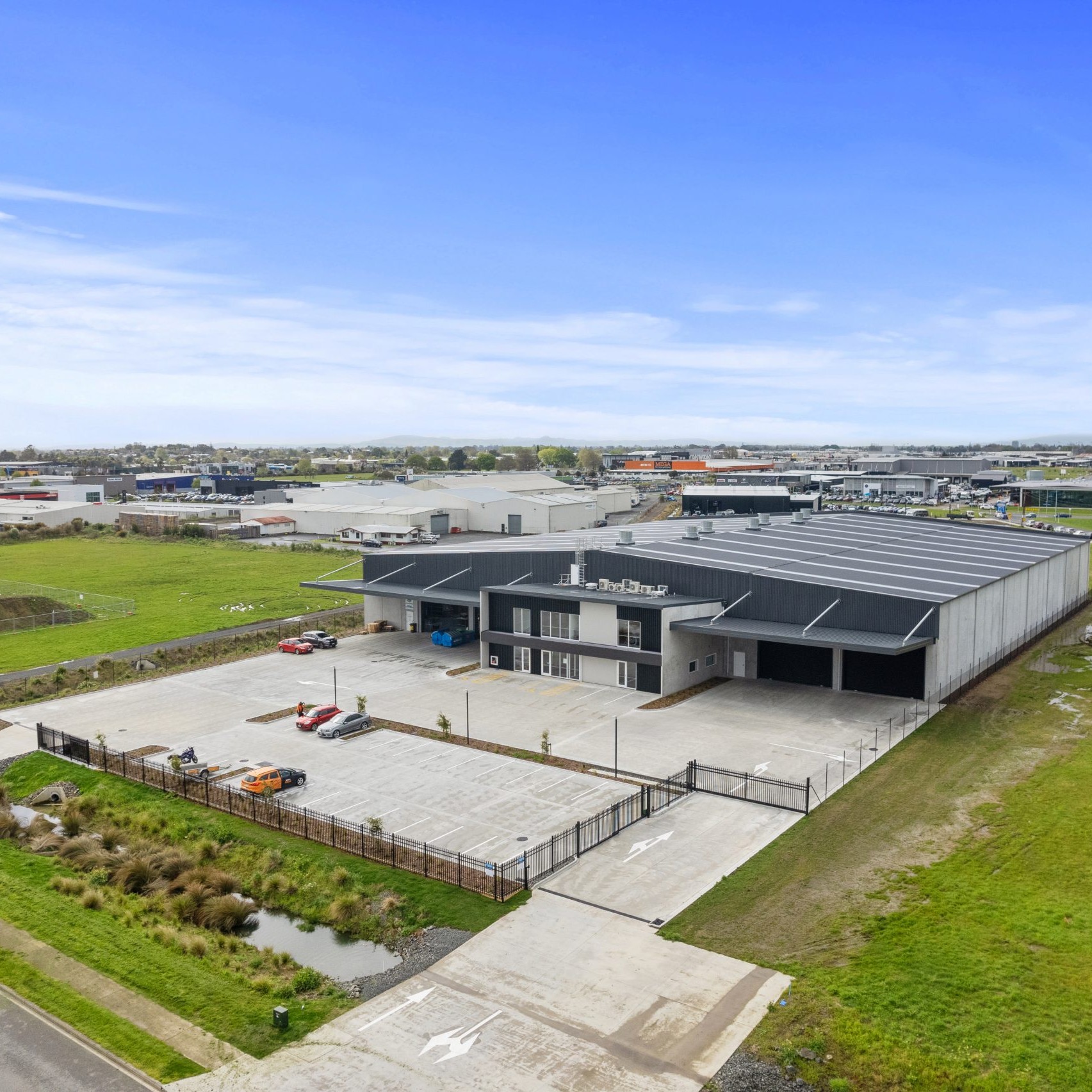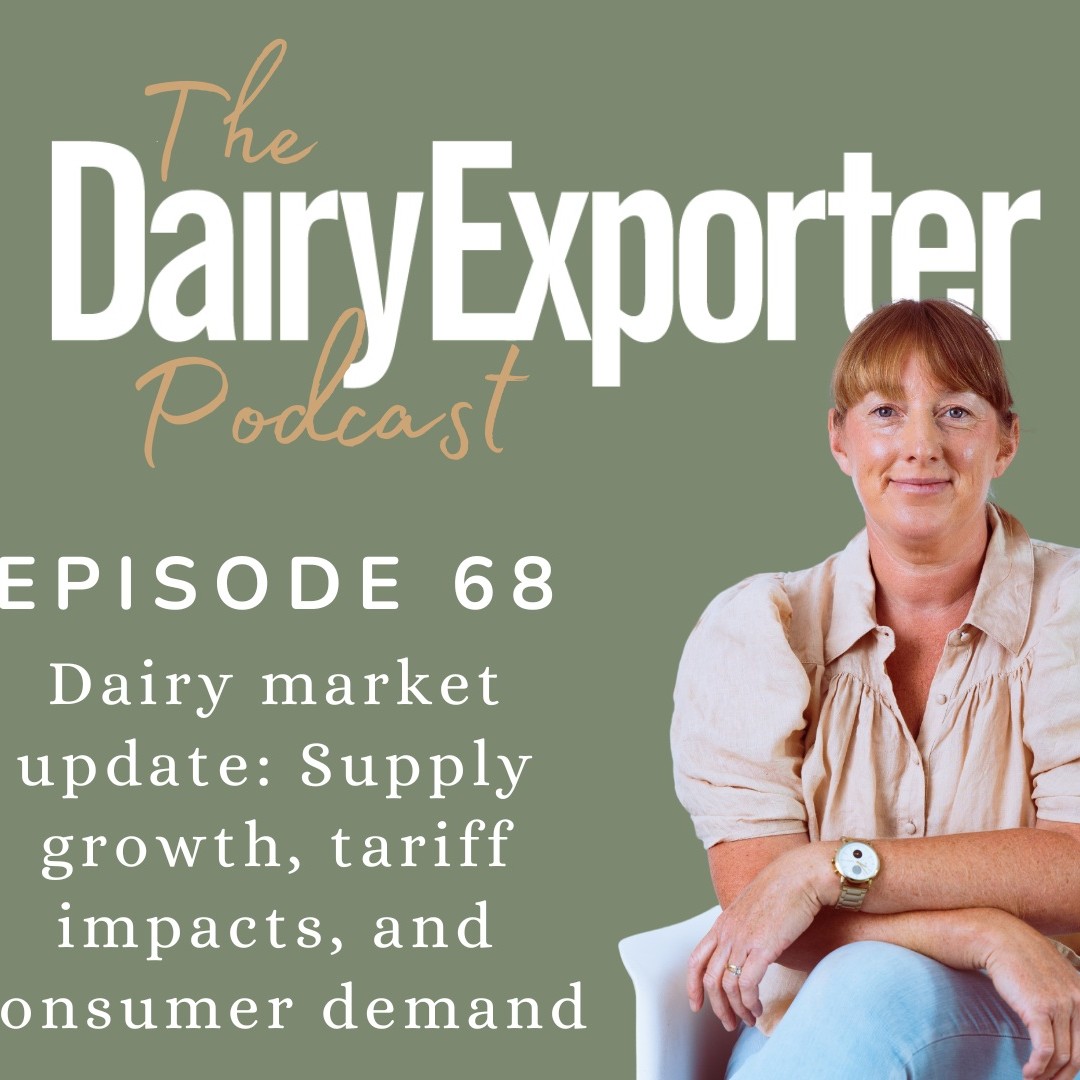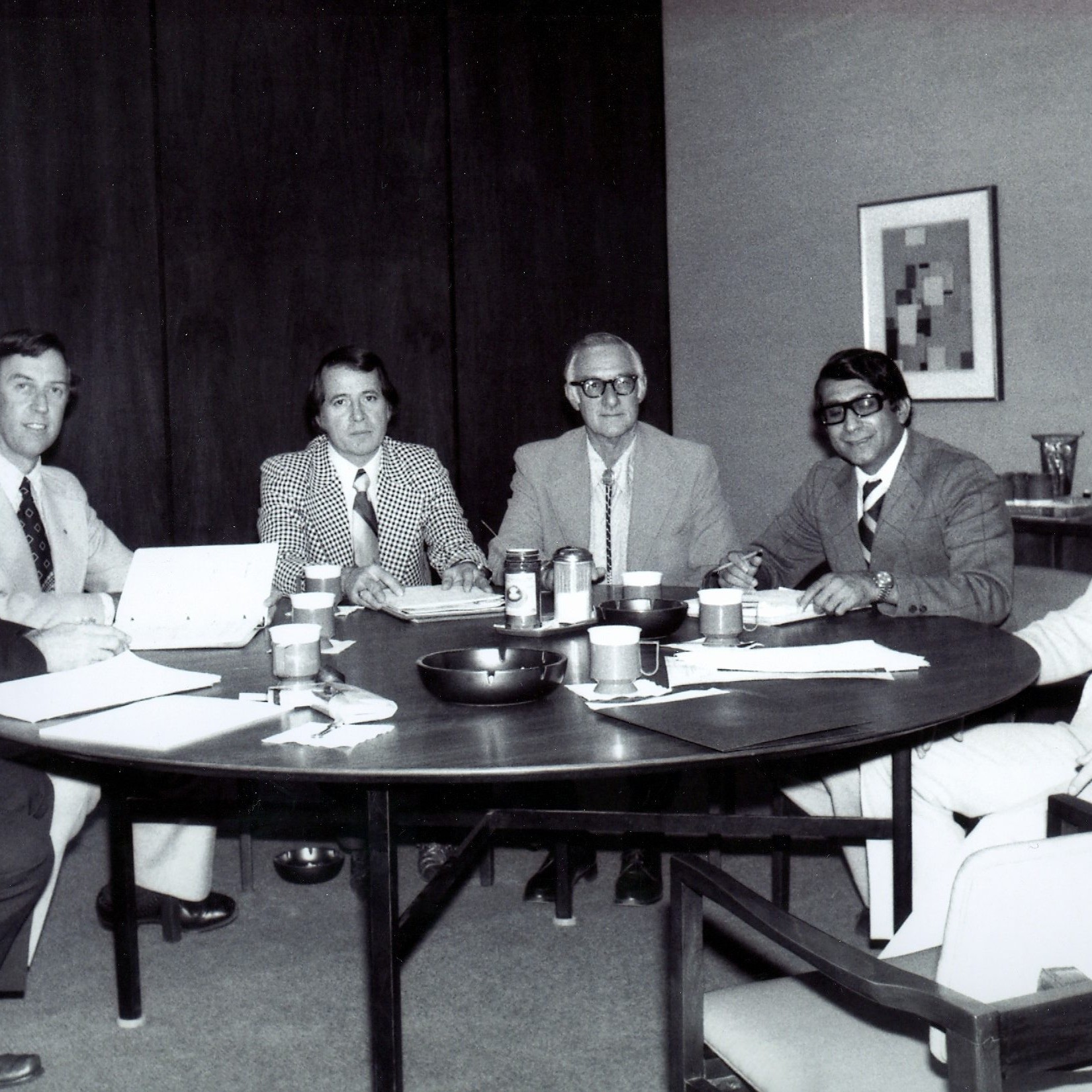All articles
Episode 71 – A century of dairy unity: The rise of New Zealand’s co-ops
In this episode, Anne Lee talks with Fonterra’s Jim van der Poel about the evolution of New Zealand’s dairy industry. Jim reflects on the formation of Fonterra, capital structure reform, and the creation of DairyNZ, while highlighting the enduring value of the co-operative model and the Dairy Exporter’s role in guiding farmers through change.
Episode 70 – The evolution of herd improvement: Insights from industry leaders
In this episode, Sheryl Haitana talks with industry leaders about the evolution of dairy genetics in New Zealand. LIC Chief Executive, David Chin discusses Breeding Worth and the rise of the KiwiCross cow, while Mike Wilson, General Manager of NEDAP Oceania explains how wearable tech improves herd health and fertility. Fonterra Strategic Advisor, Malcolm Ellis shares an intergenerational view, highlighting the Dairy Exporter’s role in guiding farmers through decades of change.
Episode 69 – The history of the Dairy Exporter
In this episode, Sheryl Haitana and Anne Lee reflect on the centenary — and final issue — of The Dairy Exporter magazine. As editor and deputy editor, they share how the publication evolved from a technical journal into a platform that connected dairy farmers and told the stories behind the New Zealand dairy sector.
Dairy industry timeline
1871 - 2025 timeline of the dairy industry.
Innovation in Good Company
Celebrating 100 years of the spirit of progress in New Zealand dairying.
FMG 120 years
This year FMG celebrates 120 years of working alongside New Zealand dairy farmers and their rural communities.
Farming Foundations
Revisit the pivotal moments in our agricultural history that influenced land use and farming practices—laying the groundwork for today’s thriving dairy sector.
Key Innovations
In the early 1920s the New Zealand dairy sector was rapidly becoming a powerhouse for the Dominion with exports of dairy produce primarily to England earning the country valuable income.
Farm Systems
Trace the development of New Zealand’s world-renowned pastoral farming systems and spot some of the key faces and names who have played an integral role in shaping how we farm today.
Tui’s Annual
Rural women connected via the Tui pages in The Dairy Exporter, sharing recipes and home hints, and insights into their way of life.
Evolution of Our Cows
Take a look back at the most popular cow breeds over the past 100 years, and learn how science, genetics, and innovation have transformed dairy cow breeding in New Zealand.
NZ Dairy Board History
Explore the formation of New Zealand’s dairy industry – from the creation of the Dairy Board, to the co-operatives and industry-defining mergers. Learn about the policies and pioneering individuals who helped shape the landscape of the industry we know today.
Turning milk profit into property investment
Commercial property is a good investment that can help farmers with succession planning, securing wealth for future generations.
Episode 68 – Dairy market update: Supply growth, tariff impacts, and consumer demand
In this episode, Sheryl Haitana speaks with Cristina Alvarado, Head of Dairy Insights at NZX, and Stu Davison, Analyst at HighGround Dairy. Cristina outlines the factors behind strong global dairy prices, including tight supply and steady demand from China and Southeast Asia, while Stu highlights forecasted milk production growth driven by the US, Argentina, and New Zealand.
They discuss uncertainties around Chinese demand, emerging markets like Nigeria, and the impact of upcoming tariff decisions. Together, they provide a concise outlook on key trends shaping the dairy market in 2025.
Policy
The Policy of The Dairy Exporter was printed in the first issue, July 1925.
Pioneer celebrates 50 years in New Zealand
Maize has played a key role as a supplementary feed in increasing productivity on New Zealand dairy farms for generations. This season Pioneer celebrates 50 years of delivering quality maize seed to farmers.


